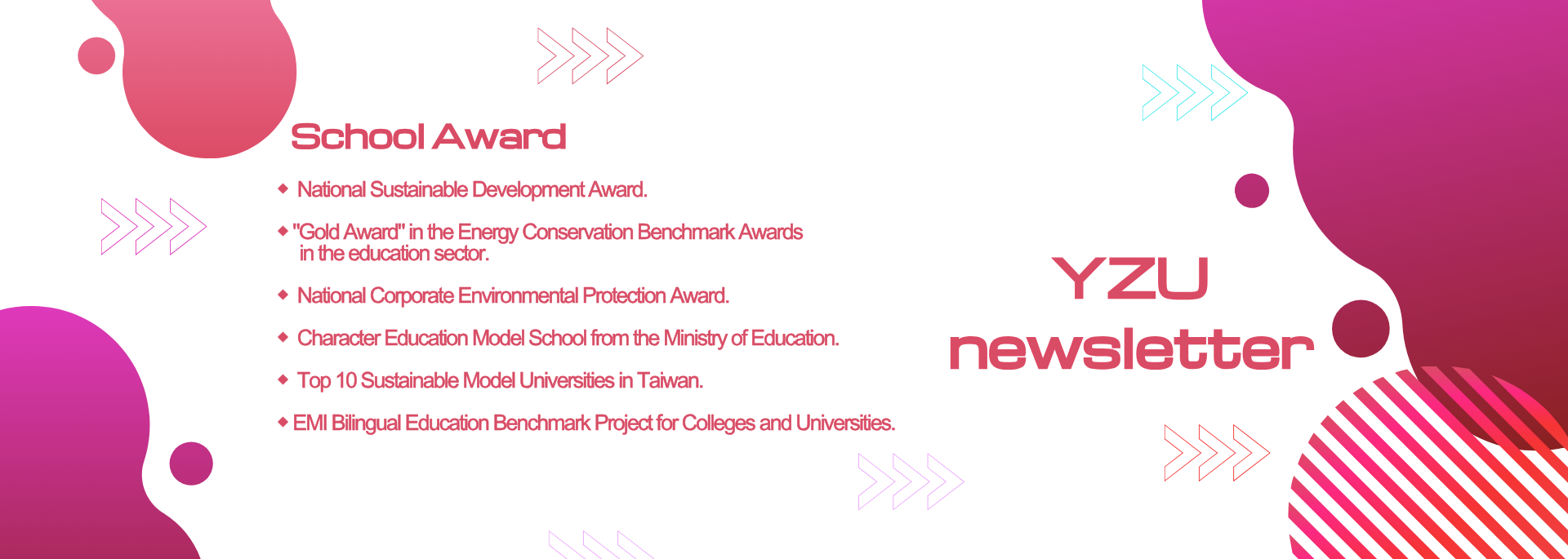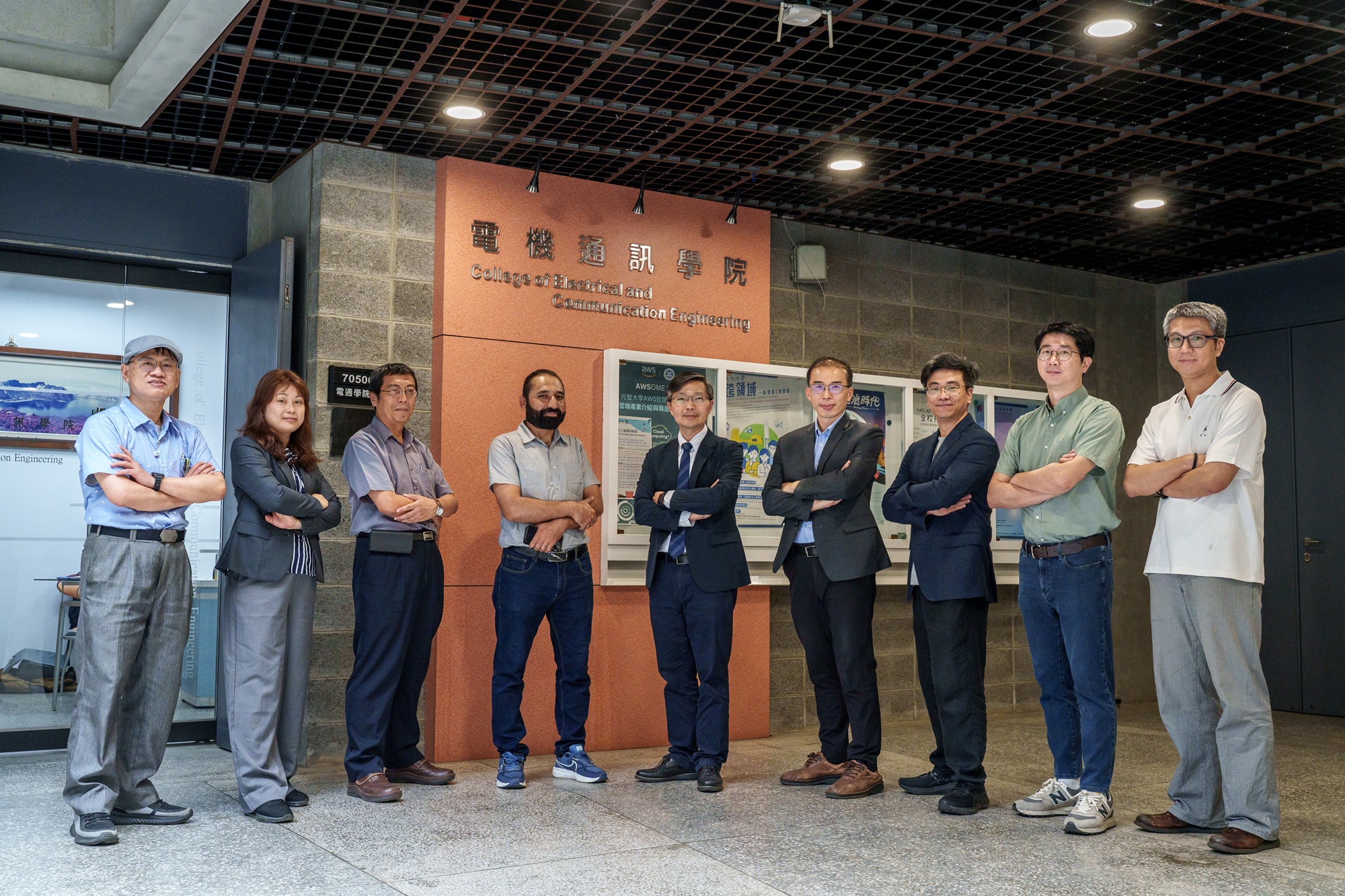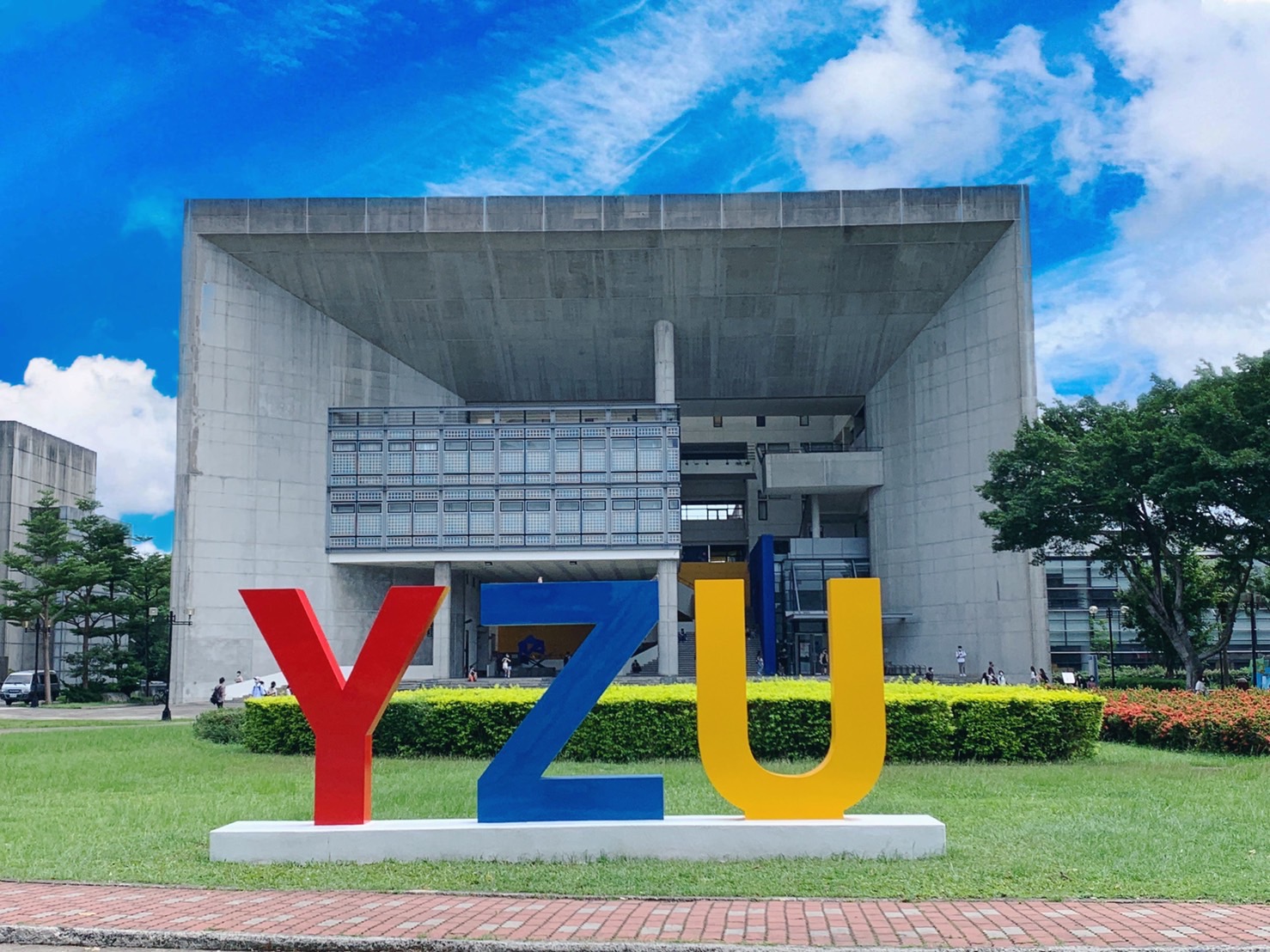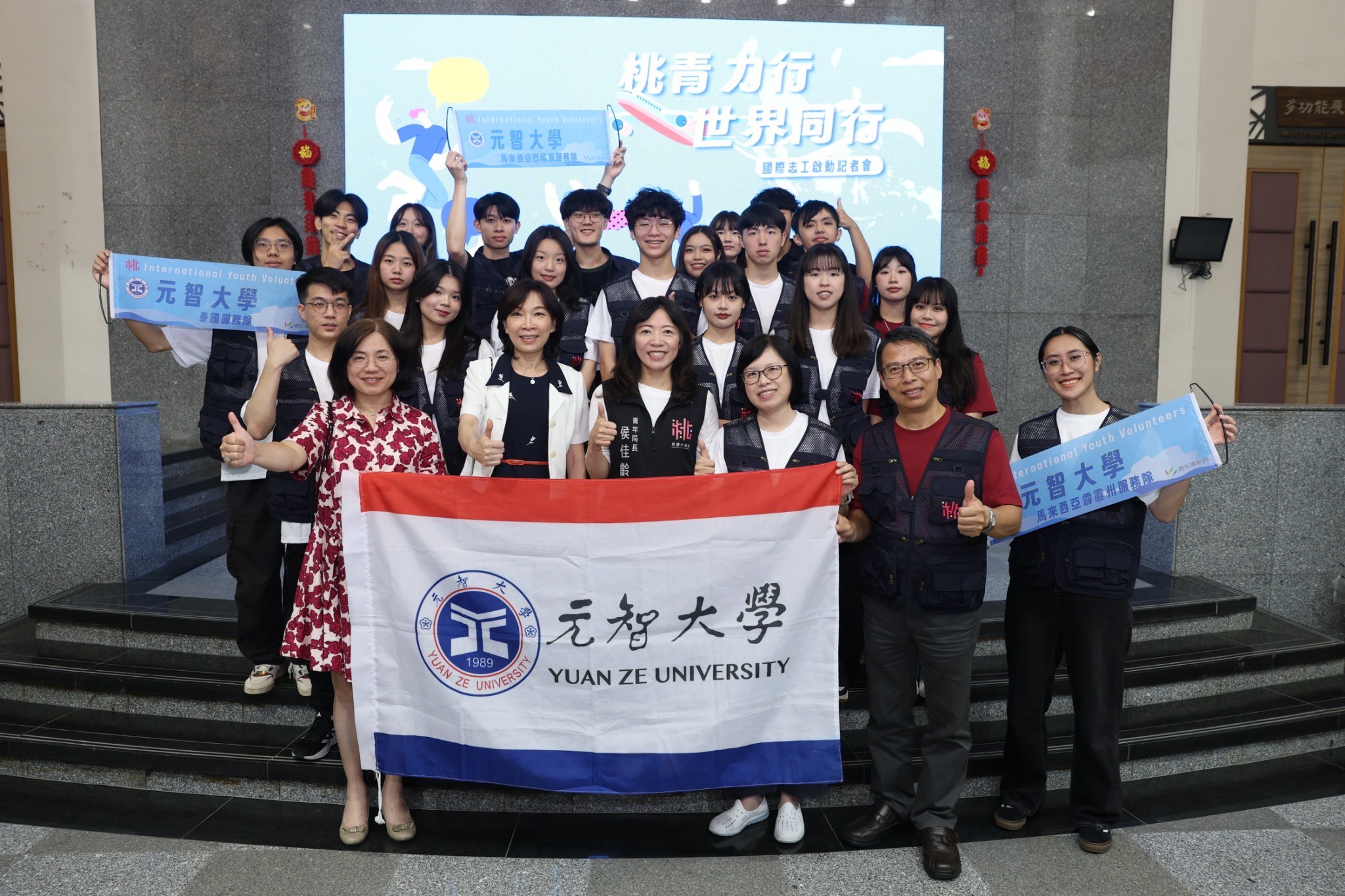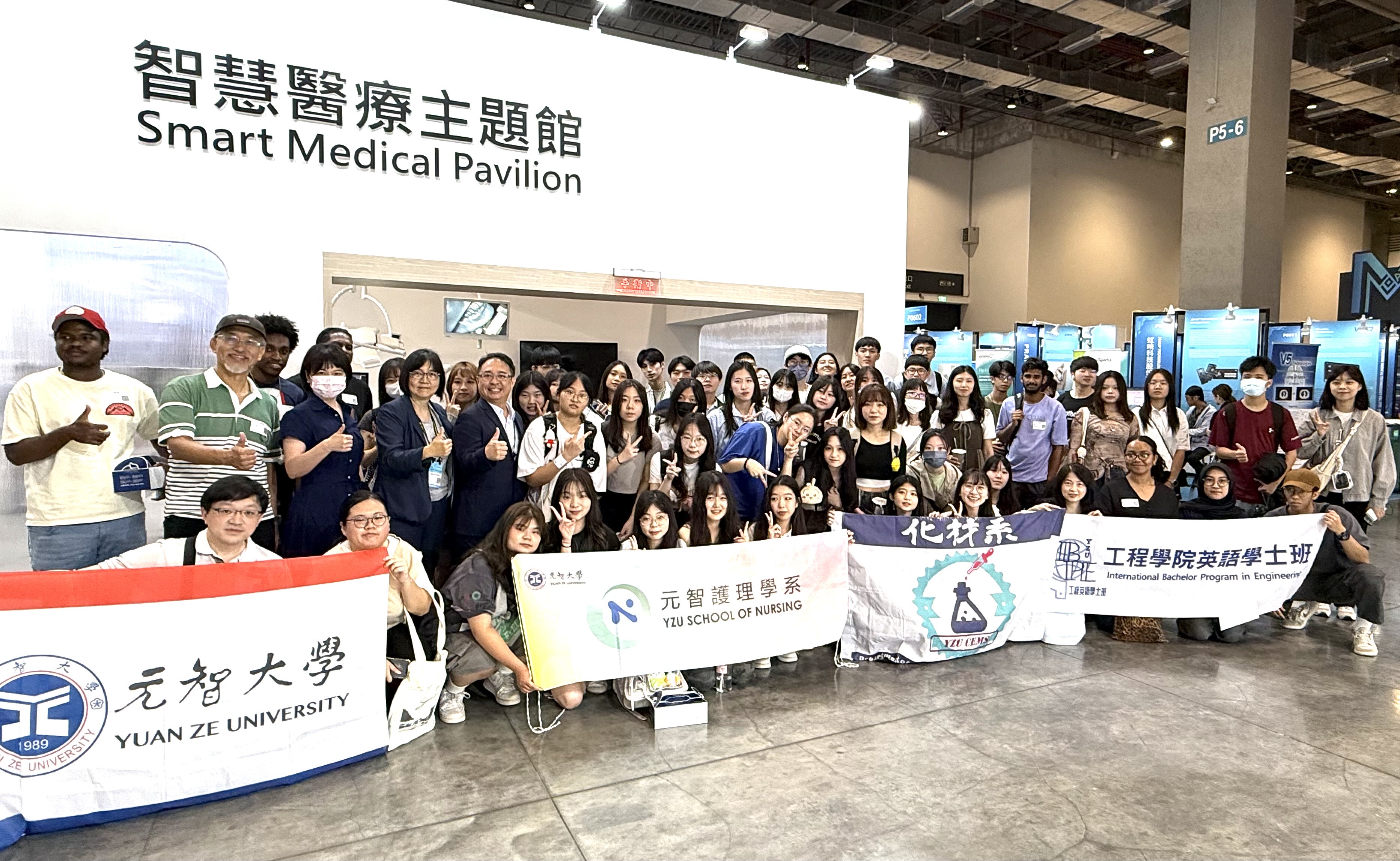Yuan Ze University’s College of Electrical and Communication Engineering once again reached new milestones in global research performance
According to the 2025 rankings released by the international academic platform ScholarGPS, 14 professors from the college were listed among the world’s top scholars. Among them, 3 ranked in the global top 1%, and 11 were in the top 5%, demonstrating the college’s outstanding research capacity and significant international impact.
ScholarGPS is a globally recognized academic data platform that evaluates researchers based on multiple indicators, including publication output, journal impact, citation frequency, and long-term scholarly contributions. Being ranked among the top 1% or 5% worldwide signifies that a researcher’s work holds high reference value and practical application both in academia and industry.
Dean Dun-Yu Chen of the College of Electrical and Communication Engineering noted that this remarkable achievement reflected the college’s long-term commitment to three key research areas: smart sensing, next-generation communications, and green energy semiconductors. He emphasized that the college would continue to strengthen interdisciplinary collaboration and expand global academic and industrial connections.
Among those listed in the global top 1%, Chair Professor Chih-Min Lin, Professor Dun-Yu Chen, and Professor Mohammad Shoaib stood out with exceptional performances. Professor Chih-Min Lin was the first scholar from a private university in Taiwan to be awarded IEEE Fellow. He received the National Science and Technology Council’s Outstanding Research Award three times and the Ministry of Education’s Academic Award, making significant contributions in the fields of image and multimedia communication and successfully commercializing several technologies. Professor Dun-Yu Chen excelled in computer vision, sports technology, and telemedicine. His team developed high-performance, low-power AI models that were successfully applied in defense and medical sectors. In 2025, he received the Academic Industrialization Award for his work on deep model distillation and edge computing. Professor Mohammad Shoaib, specializing in engineering and biomedical sciences, was named to Stanford University’s list of the top 2% global scientists for three consecutive years. In the past five years, he published over 50 papers in top 1% to top 5% journals and actively promoted English-medium instruction and international joint laboratory collaborations.
The professors ranked in the global top 5% spanned multiple fields, including AI healthcare, next-generation communications, semiconductors, and optoelectronic materials. These scholars included Cheng-Hung Lin, Huang-Chia Shih, Tai-Yuan Su, Wen-Hsing Kuo, Cheng-Kuang Huang, Cheng-Nan Chiou, Wei-Sheng Liu, Chih-Hao Chang, Fang-Yi Lai, Nien-Wen Pu, and Tian-Long Chiou. Their research encompassed areas such as mobile retinal diagnostics, thermal imaging for dry eye screening, UAV transmission and 6G micro-cell management, blue-light LEDs, quantum nanomaterial energy storage, and flexible OLEDs—clearly reflecting the college’s robust capacity for cross-disciplinary innovation.
Dean Dun-Yu Chen added that in recent years, the college had vigorously promoted a three-stage R&D model: academic deepening, technology verification, and industrial implementation. By establishing a comprehensive industry-academia collaboration platform, the college enhanced the transformation of academic research into practical applications. Several advanced technologies developed by the college had already been successfully introduced into key national industries, such as national defense, smart healthcare, advanced communications, and green energy. Looking ahead, the college would continue to focus on four major areas—artificial intelligence, information and communication technology, electrical energy, and semiconductor materials—integrating three specialized centers: the Communication Center, AI Center, and Semiconductor Center. These efforts aimed to strengthen the industrialization of academic outcomes and cultivate globally competitive talents, underscoring the leading role of higher education in technological innovation and sustainable development.
 English
English  正體中文
正體中文 